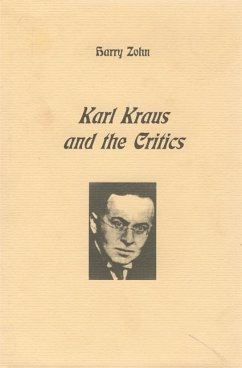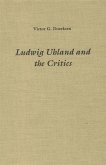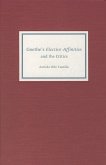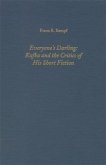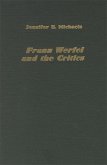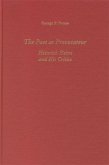Short description/annotation
An analysis of the relationship between the great Viennese writer Karl Kraus and his literary critics.
Main description
Karl Kraus (1874-1936) is widely regarded as one of the most talented and influential satirists of the twentieth century. He was an enormously productive writer of poetry, critical essays, and aphorisms, and spent the bulk of his life in Vienna. The key to his work is his love of language, and his disdain for those who abuse it. To him, language was the moral criterion and accreditation for a writer. He set about to provide an imperishable profile of his age from the very perishable materials of newspaper reports. Kraus is famous as editor of the satirical journal Die Fackel (The Torch), and as author of the immense play, Die letzten Tage der Menschheit (The Last Days of Humanity, 1918-19). This is the first attempt to analyze the most significant literary criticism on the works of Karl Kraus, an undertaking that reveals even more about the literary establishment in Vienna than about the great writer.
Hinweis: Dieser Artikel kann nur an eine deutsche Lieferadresse ausgeliefert werden.
An analysis of the relationship between the great Viennese writer Karl Kraus and his literary critics.
Main description
Karl Kraus (1874-1936) is widely regarded as one of the most talented and influential satirists of the twentieth century. He was an enormously productive writer of poetry, critical essays, and aphorisms, and spent the bulk of his life in Vienna. The key to his work is his love of language, and his disdain for those who abuse it. To him, language was the moral criterion and accreditation for a writer. He set about to provide an imperishable profile of his age from the very perishable materials of newspaper reports. Kraus is famous as editor of the satirical journal Die Fackel (The Torch), and as author of the immense play, Die letzten Tage der Menschheit (The Last Days of Humanity, 1918-19). This is the first attempt to analyze the most significant literary criticism on the works of Karl Kraus, an undertaking that reveals even more about the literary establishment in Vienna than about the great writer.
Hinweis: Dieser Artikel kann nur an eine deutsche Lieferadresse ausgeliefert werden.

